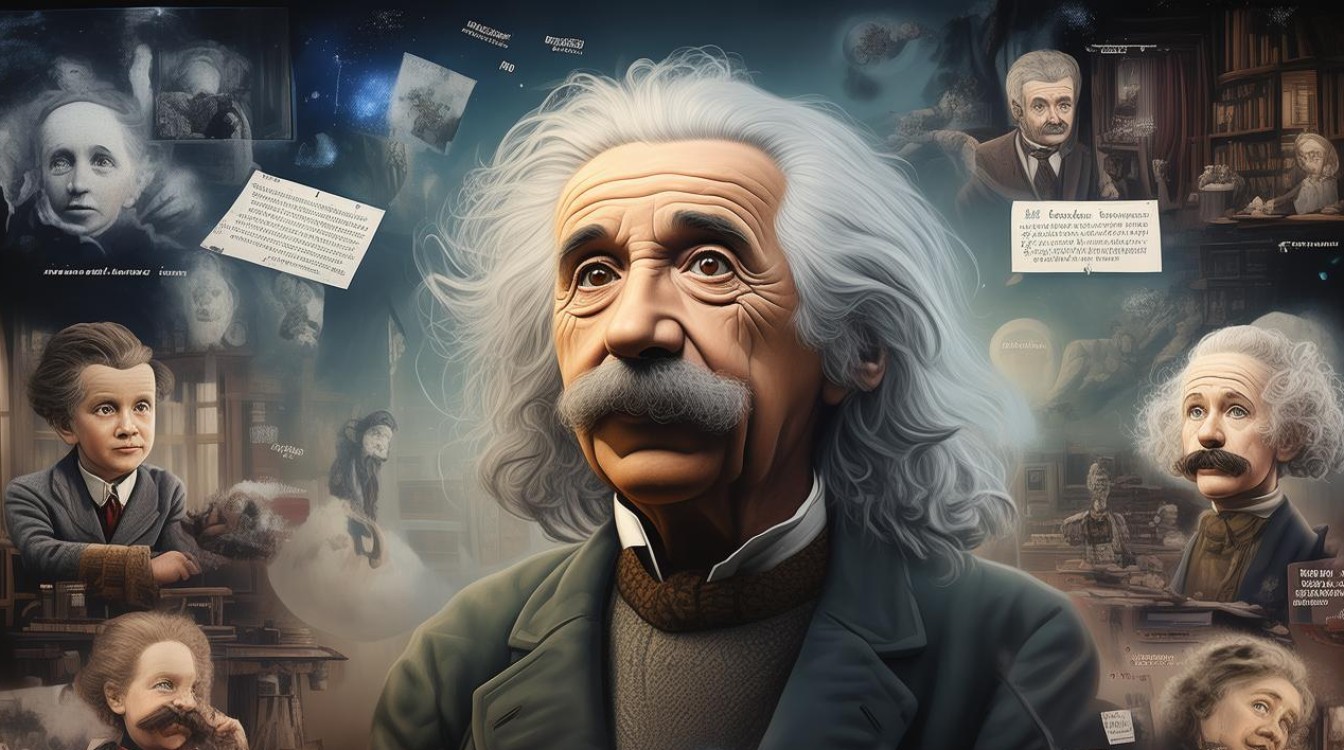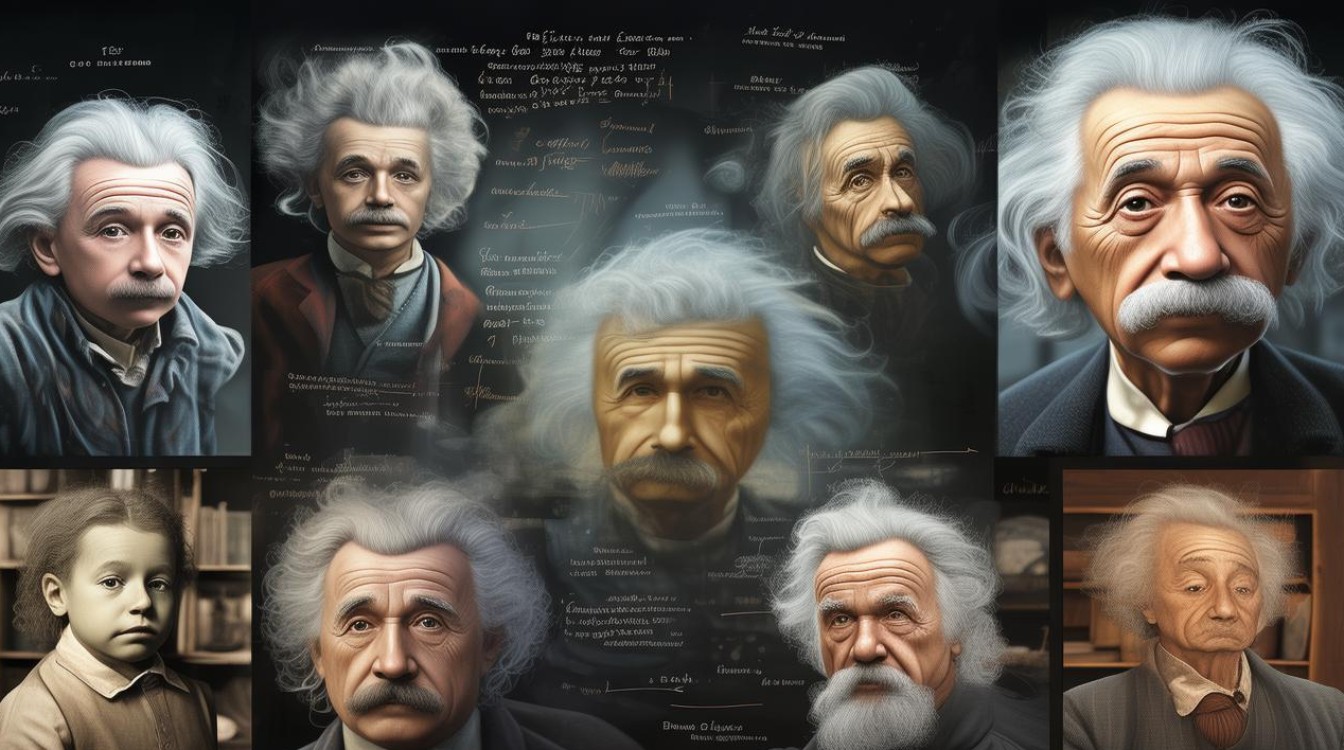Albert Einstein remains one of the most iconic figures in modern history, celebrated not only for his groundbreaking scientific contributions but also for his profound humanity. His life story transcends the boundaries of physics, offering lessons in curiosity, perseverance, and the power of imagination.

Early Years: The Spark of Curiosity
Born on March 14, 1879, in Ulm, Germany, Einstein displayed an early fascination with the natural world. As a child, he was captivated by a compass gifted by his father, marveling at the invisible forces guiding its needle. This moment ignited a lifelong quest to understand the universe’s hidden mechanics.
Despite his later fame, Einstein’s academic journey was far from smooth. He struggled with rigid schooling systems, which stifled creativity. At 16, he left formal education in Germany, eventually enrolling at the Swiss Federal Polytechnic in Zurich. There, he thrived in an environment that encouraged independent thought—a stark contrast to his earlier experiences.
The Miracle Year: 1905
In 1905, while working as a patent clerk in Bern, Switzerland, Einstein published four papers that revolutionized physics. These included his theory of special relativity, introducing the famous equation E=mc², and groundbreaking work on the photoelectric effect, which later earned him the Nobel Prize.
What makes this achievement extraordinary is the context: Einstein was not part of the academic elite. His ideas emerged from sheer intellectual daring, challenging Newtonian physics and reshaping humanity’s understanding of space, time, and energy.

Rise to Global Prominence
Einstein’s general theory of relativity, published in 1915, cemented his status as a preeminent scientist. It proposed that gravity results from the curvature of spacetime—a concept so radical it took years to gain acceptance. In 1919, when observations during a solar eclipse confirmed his predictions, Einstein became an international celebrity overnight.
Yet, fame did not dull his humility. He often deflected praise, stating, "I have no special talents. I am only passionately curious." This humility endeared him to the public, making him a symbol of intellectual pursuit divorced from arrogance.
A Voice for Peace and Justice
Beyond science, Einstein was a vocal advocate for social causes. Fleeing Nazi Germany in 1933, he settled in the United States, where he used his platform to denounce fascism and champion civil rights. His letter to President Roosevelt in 1939 warning of potential nuclear weapons led to the Manhattan Project, though he later regretted his role in initiating the atomic age.
Einstein’s moral clarity extended to his disdain for racism and nationalism. He called segregation "a disease of white people" and supported the NAACP, aligning himself with figures like W.E.B. Du Bois. His belief in global cooperation inspired his vision for a unified world government to prevent war.

The Later Years: A Legacy of Wonder
In his later years, Einstein pursued a unified field theory, seeking to reconcile quantum mechanics with relativity. Though unsuccessful, his relentless curiosity exemplified his approach to science: "The important thing is not to stop questioning."
He passed away on April 18, 1955, leaving behind a legacy that transcends equations. His brain was preserved for study, but his true gift to humanity was a mindset—one that embraces doubt, values imagination, and dares to question the status quo.
Einstein’s life reminds us that genius is not confined to laboratories. It thrives in the willingness to see the world differently, to challenge assumptions, and to remain steadfast in the face of skepticism. In an era of rapid technological advancement, his words resonate with timeless urgency: "Try not to become a man of success, but rather a man of value."
His story is not just about scientific triumph but about the courage to think independently and the responsibility to use knowledge for the greater good. As we navigate our own complexities, Einstein’s journey offers a compass—not unlike the one that fascinated him as a child—guiding us toward curiosity, integrity, and the audacity to dream.


